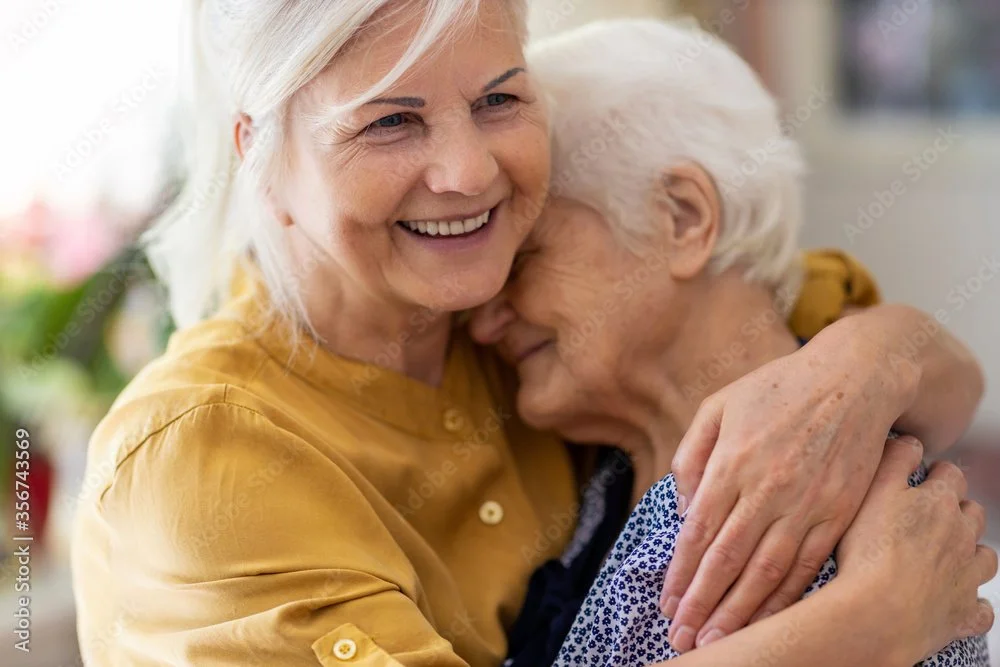MM 12: The Mentor of Experience
Embracing the Role of an "Accidental Mentor": Lessons Through Experience
Reflection on Experiences
We often hear that we learn from our experiences. However, as Charlene insightfully mentions, true learning arises from reflection on those experiences. Without taking the time to ponder our journeys, the lessons remain hidden. In her role as both a caregiver and a facilitator, Charlene emphasizes the importance of reflecting on the experiences to extract meaningful insights about ourselves, others, and life’s broader implications.
The Journey of a Caregiver
Charlene’s journey of caring for her mother, who lives with dementia, illustrates the profound lessons embedded in caregiving. Over seven years, Charlene has navigated through a mix of joy, frustration, love, and sacrifice. This path has not only been about taking care of her mother but also about self-discovery and growth.
One significant realization Charlene shares is the inherent selfishness we all possess. She admits to liking to do things on her terms, a sentiment many of us can relate to. However, choosing to care for another human being, be it a child, adult, or an elderly loved one, necessitates a degree of sacrifice that challenges this self-centeredness. In these moments of sacrifice, we expand our capacity for empathy and connection.
Fostering Empathy and Active Listening
Through her caregiving role, Charlene noticed increased empathy, not just for her mother but for anyone in a caregiving position. This extended empathy is crucial as it encourages actions rooted in understanding and compassion. She highlights the importance of being present—truly present—with those we care for. This presence is physical and emotional, marked by active listening and engaging wholly with the other person.
As Charlene points out, active listening involves more than just nodding along; it’s about being fully immersed in the conversation, making the other person feel heard and valued. This reminder is incredibly pertinent in a world that often prioritizes multitasking over meaningful connections.
Navigating Grief and Tension
Charlene's insightful observation is how inadequately we, as a society, handle grief and tension. Balancing the care for a loved one while pursuing personal and professional ambitions creates a constant pull in opposite directions. This tension can manifest as guilt—caught between the demands of caregiving and the pursuit of personal goals.
Charlene stresses the importance of finding a middle ground, a balance where neither area of life is neglected. She advocates for being present in the tension, living fully in the experiences of both caregiving and personal growth. This balance requires a delicate navigation of emotions, not minimizing or exaggerating any but acknowledging their full spectrum.
The Beauty in the Moments
Despite the challenges, Charlene beautifully encapsulates the joy and preciousness of shared moments. Through pictures and shared activities, she has built cherished memories with her mother. These moments are a testament to the fact that caregiving is arduous but incredibly rewarding.
Conclusion
Charlene leaves us with a powerful call to reflect on our experiences, encouraging us to lean into discomfort and trust that these challenges shape us for the better. Whether you are currently in a season of caregiving or reflecting on past experiences, take a moment to acknowledge the growth and lessons these moments have offered.



